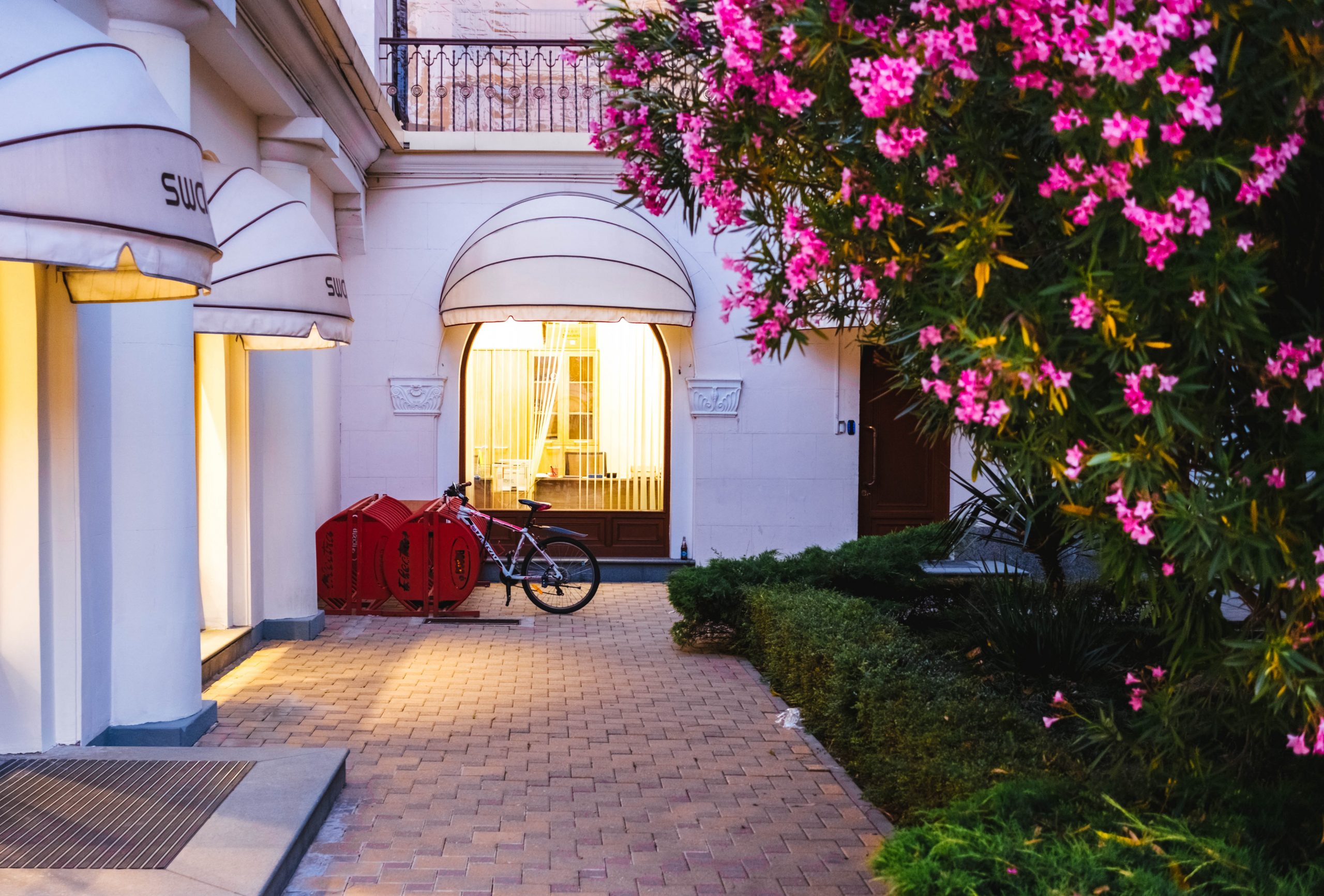Grupo Xcaret Success Story
Tourism is a cornerstone of the Mexican economy, and one of the standout destinations in this industry is the stunning Riviera Maya. In this setting, Grupo Xcaret, a 100% Mexican company and a leader in sustainable tourism, has grown alongside this region for 30 years, developing a portfolio of seven natural parks: Xcaret, Xel-Há, Xenses, Xoximilco, Xavage, Xplor, and Xplor Fuego, along with three tours of archaeological sites and 900 rooms offered at the Hotel Xcaret México. Thanks to this, in 2019, it achieved a remarkable milestone, amassing four million visitors since its inception. In this regard, Xcaret's success is due to a combination of factors, with a focus on sustainability, excellence in customer service, and innovation being among the most prominent. The importance of sustainability: Grupo Xcaret has led the way in sustainability by blending entertainment offerings with environmental conservation. Its natural parks stand as a testament to this commitment, allowing visitors to enjoy the beauty of the Riviera Maya while becoming aware of the importance of protecting it. However, this commitment extends beyond nature preservation; it also encompasses the promotion of Mexico's rich culture. Every experience at a Xcaret park is infused with authenticity and national pride. Visitors can immerse
Recycling, waste management, and other initiatives for a more sustainable hotel industry
The hospitality industry is one of the largest and most prosperous in the world, generating approximately $7.7 trillion in global revenue in 2022. However, it is also one of the most polluting. A study published in Nature Climate Change estimates that the hospitality industry is responsible for 8% of global greenhouse gas emissions, while data from the World Tourism Organization (UNWTO) predicts that CO2 emissions from tourism will increase by at least 25% by 2030. Given the challenge posed by climate change and the responsibility that falls on renowned corporations and brands, it is my pleasure to address in this article the actions that major hotel chains are taking to reduce their environmental footprint. One of the primary sources of pollution in the hospitality industry is waste. Hotels, restaurants, and other tourism businesses generate significant amounts of waste, including paper, plastic, glass, and metal. This waste can have a detrimental impact on the environment, contributing to climate change, air and water pollution, and biodiversity loss. In this regard, in recent years the hospitality industry has begun to take measures to mitigate its environmental footprint, with a key strategy being recycling. A significant example is the commitment of the Hilton hotel chain, known for


